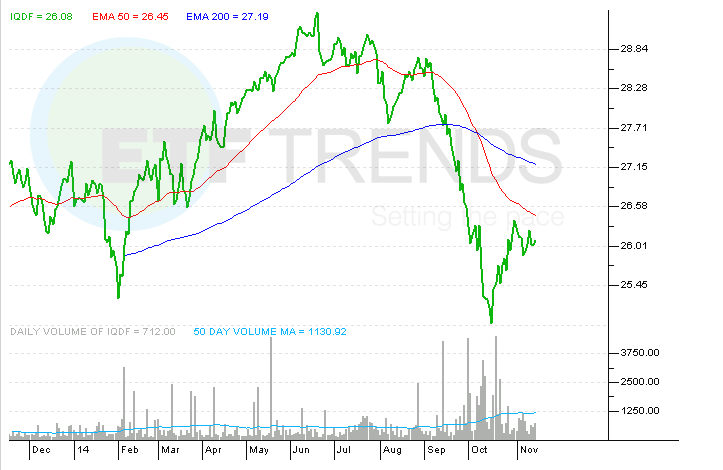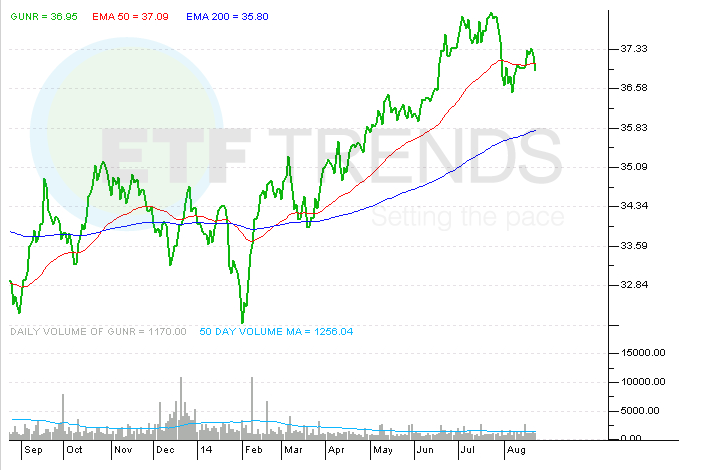FlexShares Exchange Traded Funds (ETFs) Education What are ETFs
Post on: 8 Май, 2015 No Comment

Exchange traded funds (ETFs) are pooled investment vehicles that invest in portfolios of securities. Most ETFs are passively managed to pursue cost-effective returns that generally correspond to the risk and return of specified indexes. Actively managed ETFs use more flexible trading strategies to pursue other targeted investment outcomes.
ETFs have revolutionized the world of investing because of the special array of characteristics they offer, such as tax efficiency, diversification, trading flexibility, transparency and lower costs in comparison to other investment vehicles.
How Do ETFs Compare with Mutual Funds?
Unlike mutual funds, which are purchased directly from a fund company, ETFs are traded on exchanges like individual stocks and can be bought or sold at market prices throughout the trading day, subject to commission costs for each trade. Here are some other comparisons and contrasts between ETFs and mutual funds.
Intraday Pricing and Trading
Regardless of when they are purchased during the day, mutual fund shares trade at their end-of-day net asset value (NAV). By contrast, ETFs can be bought or sold on stock exchanges at market-quoted prices at any time during the trading day. This feature gives investors access to the same trading flexibility and control as they have with stocks, allowing them to place market orders, limit orders, buy on margin or short sell, etc.

Since ETF shares are available for trading on securities exchanges, investors can easily see the prices and volumes at which ETF shares trade. After the markets close at the end of each trading day, investors can also see how market-quoted prices for an ETF share relate to its NAV and whether those prices reflect a premium or discount relative to the NAV.
Reduced Portfolio Turnover and Transaction Costs
Most ETFs are index funds, and typically engage in portfolio transactions as necessary to reflect changes in the composition of the underlying indexes. Annual turnover for a fund that tracks a specific index is often, but not always, lower than for actively managed mutual funds, translating into lower transaction-related costs.
Also, traditional open-ended mutual funds generally buy and sell securities based on cash flows from shareholder activity, selling portfolio holdings to raise cash to fund redemptions and buying securities using the cash received from in-flows. To the extent that sellers of ETF shares meet with buyers of ETF shares through exchange-based market transactions, portfolio turnover within a fund is reduced, which in turn lowers transaction costs and other sources of wealth erosion. Of course, ETF investors do incur trade-related commission costs when they purchase or sell ETF shares.














